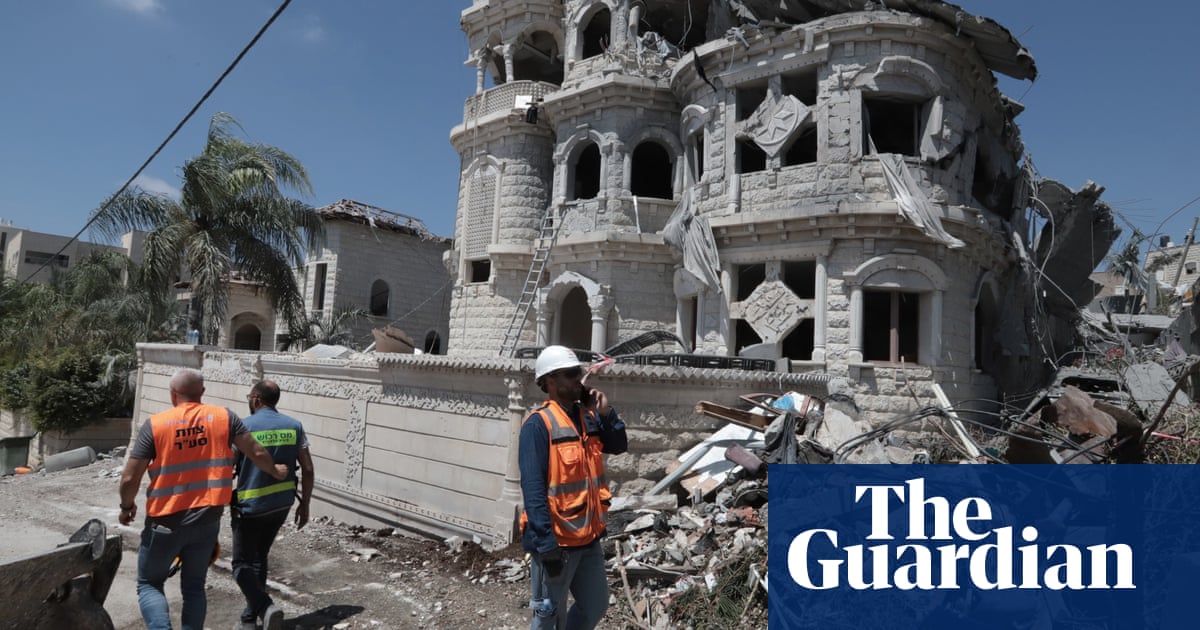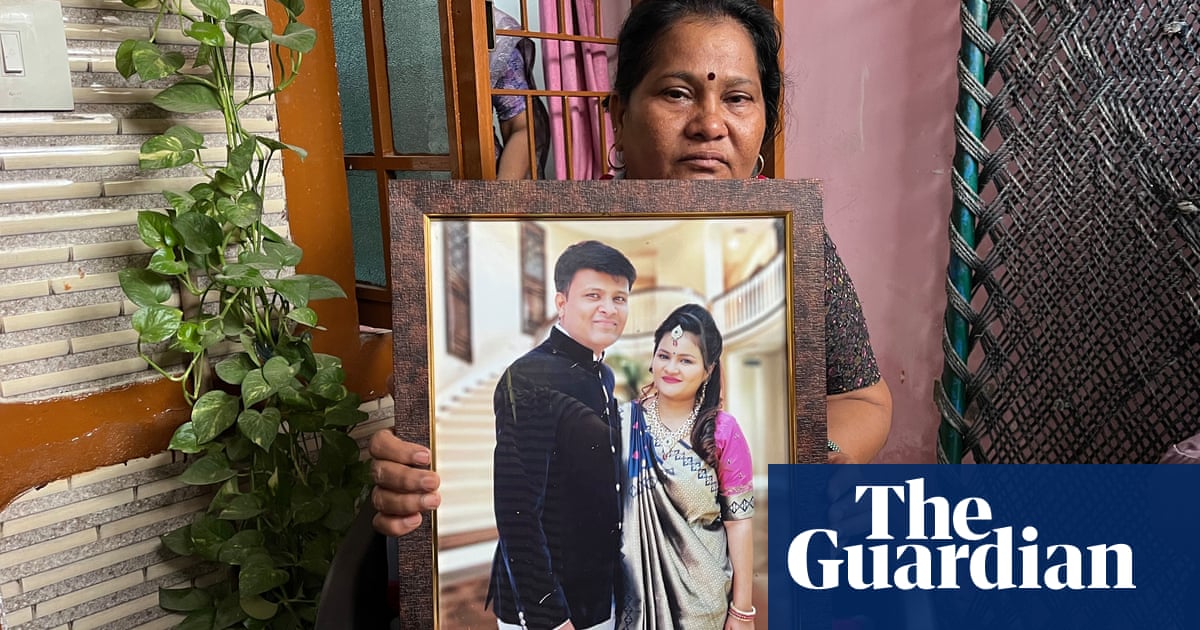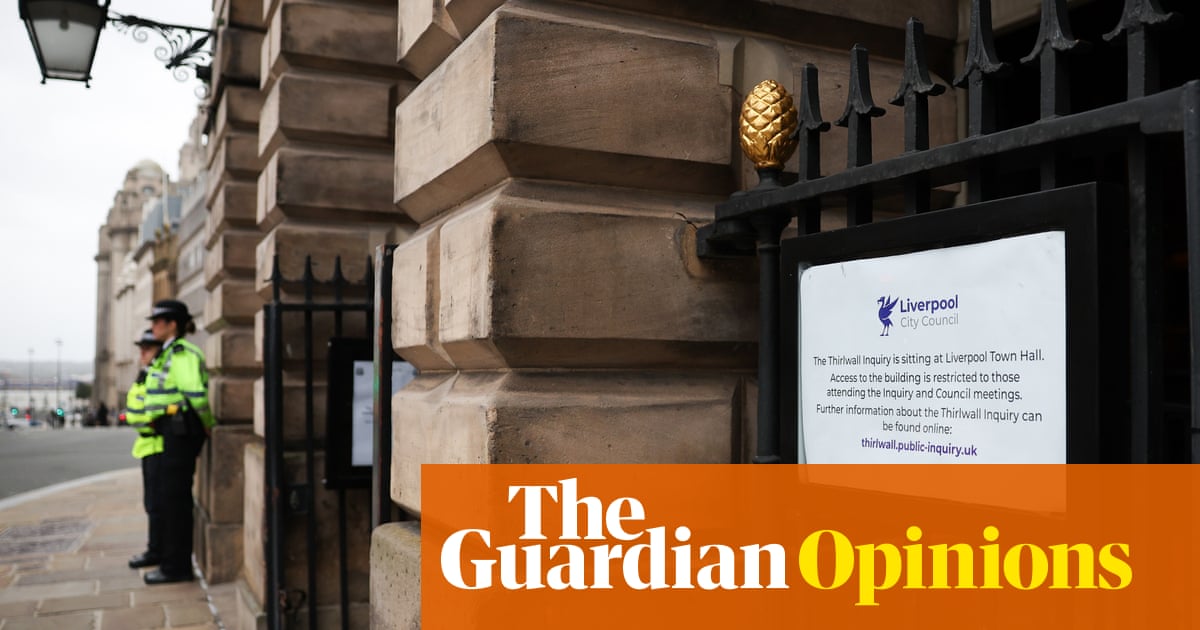Israel attacked Iran’s energy industry and defence ministry on the third day of an escalating conflict, as several Iranian missiles evaded Israeli air defences to hit a refinery and rip through a high-rise apartment block south of Tel Aviv.
As fuel depots outside Tehran blazed, Donald Trump presided over the US’s biggest military parade in decades. He later said the arsenal on display could be deployed against Iran if it targeted American assets.
The US president said in a social media post: “If we are attacked in any way shape or form by Iran, the full strength and might of the U.S. Armed Forces will come down on you at levels never seen before.”
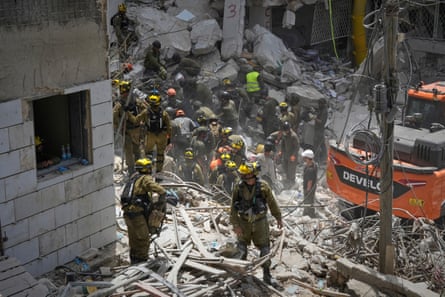
There is little question that Israel would like the US to join its campaign. Only American weapons can attempt to reach parts of the Iranian nuclear project such as the Fordow uranium enrichment plant, which is buried deep under a mountain.
But while Iran has called off talks with the US on the future of its nuclear programme, and accused Washington of being Israel’s “partner” in the offensive launched on Friday, it has held off attacking US bases, embassies or other targets.
With most of its top military echelon assassinated, Israel claiming domination of Iranian airspace from western Iran to Tehran, and several key nuclear sites seriously damaged, the regime in Tehran faces a potentially existential threat.
Perhaps in an appeal to Trump’s promotion of himself as the ultimate dealmaker, and his election pitch that he would end America’s decades of overseas wars, Iran’s foreign minister, Abbas Araghchi, signalled that Iran was open to attempts to de-escalate.
If Israeli strikes on Iran stopped, “our responses will also stop”, he said. Trump had earlier posted: “We can easily get a deal done between Iran and Israel, and end this bloody conflict!!!”
The US is already trying to promote an exchange of messages with Iran to “calm tensions” with Israel, although the effort falls short of formal mediation, the Haaretz newspaper reported quoting foreign sources.
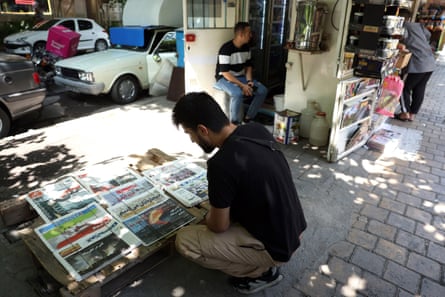
Trump has spoken about the war with Iranian ally Vladimir Putin, and the emir of Qatar, Tamim bin Hamad al-Thani, who has been in direct contact with the Iranian president, Masoud Pezeshkian, since Friday.
G7 leaders flying to Canada for a summit that starts on Sunday are likely to try to use their time with the US president to argue against escalation.
Friedrich Merz, the German chancellor, called the leader of Oman, Sultan Haitham bin Tariq al-Said, who had been due to host US-Iran talks, a government spokesperson said. They discussed the importance of halting the conflict and stopping Iran getting nuclear weapons.
For Israel, Saturday night was the bloodiest of the conflict, despite its success in knocking out much of Iran’s military hierarchy and parts of its missile systems over the previous day.
Ten people were killed by Iranian strikes on residential buildings, including at least three children, and more than 200 people were injured. Rescuers spent Sunday searching for at least four people missing in the rubble of an apartment block in Bat Yam south of Tel Aviv.
An Israeli military official, speaking on condition of anonymity, said that even advanced air defences could not stop every missile when Iran launched large barrages, as it did on Saturday night.

“In these amounts, of hundreds of projectiles, sadly there will be hits,” the official said. “Even the greatest aerial defence system doesn’t get to 100%.”
Benjamin Netanyahu visited the site of the strike on Sunday to see the damage and meet rescue workers. The Israeli prime minister said: “Iran will pay a very heavy price for the premeditated murder of civilians, women and children.”
Israeli attacks on Iran have killed dozens of civilians since Friday, including at least 30 children who died when a missile brought down a high-rise apartment building in Tehran on Saturday. Israel’s military says it does not intentionally target civilians.
Iran deployed about 70 missiles overnight, and dozens of drones, although Israel has a higher success rate intercepting those slower-moving projectiles. Over two nights, Iran fired more than 200 missiles at Israel, the official said, and between 20 and 24 of them evaded air defences.
One of those appeared to target a refinery in the northern city of Haifa. In a statement to the Tel Aviv stock exchange, Bazan group said there were no injuries at its plant but pipelines and transmission lines were damaged forcing some facilities to shut down.
Netanyahu said he ordered the pre-emptive operation because Iranian progress towards developing nuclear weapons posed a critical security threat.
After taking out the top of the military hierarchy and vital nuclear scientists, as well as striking key parts of the nuclear programme, Israel appears to be widening its campaign.
It hit energy facilities overnight including an oil depot near Tehran that blazed through the night and a refinery in Bushehr province on the Gulf, and has told people living near arms factories in Iran to evacuate their homes.
An Israeli military official said in the coming days there would be more attacks on “dual use” facilities, and strikes to prevent Iran expanding its stockpile of missiles, estimated to stand at about 2,000 before Friday.

 9 hours ago
4
9 hours ago
4






